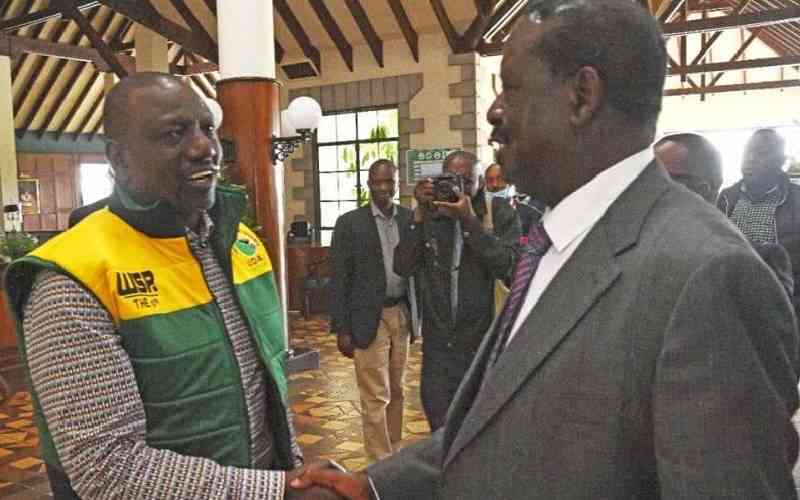×
The Standard e-Paper
Home To Bold Columnists

Five key issues is defining campaigns of presidential candidates as the race to the General Election enters homestretch.
The four presidential candidates, Raila Odinga (Azimio la Umoja One Kenya), Deputy President William Ruto (UDA), George Wajackoyah (Roots Party), and David Mwaure (Agano Party) have prioritised health, education, agriculture, women, and youth empowerment in their manifestos.